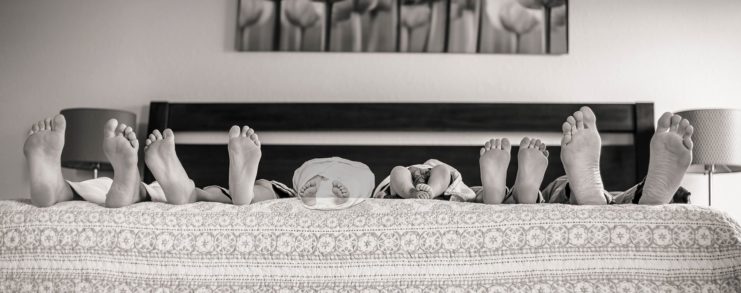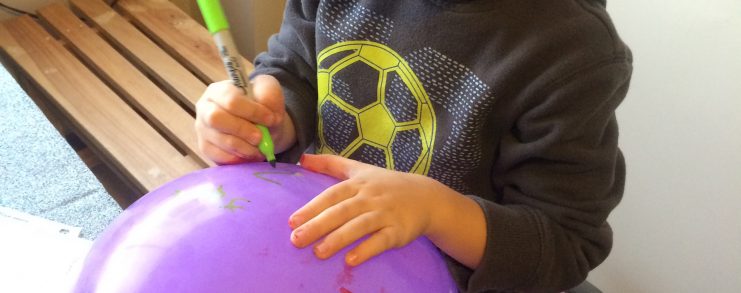Nuestra Historia de Esperanza- Familia Rollins (Zoe)
"¡Es la bebé, no respira!” La niñera gritó al teléfono.
Llama al 911. Mi esposo está cerca, le llamaré, ¡no tardará en llegar! respondí rápidamente.
Hasta ahí llegó mi conversación con nuestra dulce niñera. Mi corazón se hundió y empezó a latir con fuerza. Salí corriendo de mi despacho en el colegio y llamé a mi esposo mientras corría por el pasillo. "Tienes que ir a casa de la niñera, Zoe no respira, el 911 está en camino. ¡Date prisa!"
Corrí a la oficina de la secundaría y le dije a la secretaria que Zoe no respiraba y que necesitaba que me llevara; sabía que no podía conducir. Envié un mensaje de texto a uno de nuestros grupos pequeños para que oraran, en cuanto me subí al coche; una amiga me respondió: "Jesús, respira en Zoe". Me aferré a eso mientras empezaba a orar en voz alta: "Jesús respira en ella, Jesús respira en ella". No podía parar, no podía llorar, apenas podía respirar. Seguí orando y le señalé el camino a nuestra secretaria mientras me llevaba.
El tráfico parecía peor de lo normal para esa hora del día. Solo quería abrazar a mi niña. Miraba por la calle buscando las luces intermitentes de una ambulancia. Nada. Quería que mis oídos escuchen una sirena pero solo había silencio. Por fin me armé de valor y volví a enviar un mensaje de texto a Jeff. Le pregunté si debía ir a casa de la niñera o al hospital. Mi corazón se aceleró mientras temía la respuesta. Respondió: "Aquí".
A medida que nos acercábamos, mis oraciones se hacían más fuertes, no sabía qué más hacer. Una parte de mí no podía llegar lo bastante rápido, pero otra no quería llegar; no sabía lo que me iba a encontrar. Eché un vistazo a la calle cuando giramos hacia la carretera donde estaba la casa de las niñeras, a pocas calles de nuestra casa. Vi una ambulancia, vi coches, vi gente de pie afuera, vi a Jeff en la entrada.
Corrí y abracé a Jeff, que me abrazó. Se ha ido', susurró.
'¡No! ¡Diles que la ayuden, diles que vayan a ayudarla!' grité. Me abrazó con más fuerza.
Sabía que no podíamos hacer nada, estábamos indefensos. La noche nos había rodeado en la hermosa tarde del 7 de mayo.
Recuerdo que miré al otro lado de la calle, a la fila de gente que se congregaba y observaba la escena. Varias caras concretas se me quedaron grabadas. Estaban mirando... estaban mirando para ver si el Dios que profesábamos era lo suficientemente grande como para sacarnos de esta. Estaban observando para ver si corríamos o huíamos de nuestra fe en Jesús en un dolor como este. Fue en ese momento que Jeff y yo tomamos una de las decisiones más importantes que jamás haríamos: correr hacia Dios y dejar que Él nos llevará a través de esta pesadilla.
Después de hablar con el personal de emergencia y asegurarle a la niñera que no era su culpa, que todavía confiábamos en ella, y que sentíamos mucho que ella tuviera que experimentar esto, nos fuimos a casa. La casa parecía vacía, pero había recuerdos de Zoe por todas partes: biberones secándose en el tendedero, su columpio en el salón, trapos para doblar en el borde del sofá; todo estaba esperando a que volviera a casa con nosotros. Nuestros dos hijos mayores estaban en casa de los padres de Jeff, a la vuelta de la esquina. Su madre los había recogido antes de que yo llegara a casa de la niñera, y aún no sabían muy bien lo qué había pasado durante la siesta. Nos sentamos con dos de nuestros pastores y les pedimos consejo sobre qué y cómo debíamos decírselo; sabíamos que se les iba a romper el corazón. Nos aseguraron que no había palabras para algo así, pero que Dios nos daría las palabras para decirlo. Finalmente, llamamos a los padres de Jeff y esperamos nerviosos a que nuestros hijos llegarán a casa.
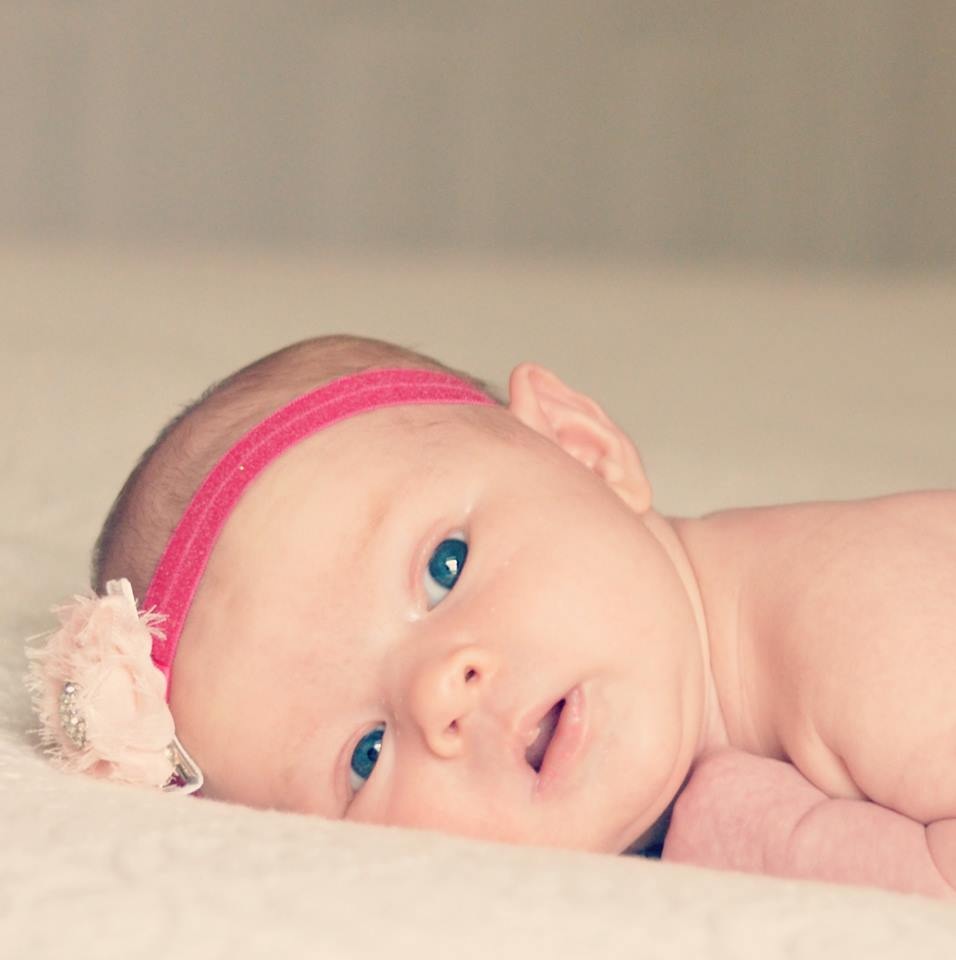
"¡Quiero jugar con Zoe!" fueron las primeras palabras de Jayden al entrar por la puerta; sus palabras nos atravesaron el corazón. Los sentamos con nosotros en el sofá y lentamente les explicamos que ella no iba a volver a casa. Jesús se la había llevado a estar con él en el Cielo durante su siesta de hoy; su habitación estaba preparada y su "misión", la que Dios tenía para su vida aquí en la tierra había terminado (o en muchos sentidos acababa de empezar). Lo único que pudimos hacer fue llorar juntos.
El día siguiente estuvo lleno de cosas duras: despertarnos para darnos cuenta de que su llanto ya no nos despertaría, seguir sacándome leche (ya que todavía la estaba amamantando), entrar en la habitación de Zoe por primera vez, mirar las fotos que le había hecho horas antes de que falleciera, y la lista podría seguir y seguir. Sin embargo, cada vez que tomaba la decisión de enfrentarme al dolor, salía fortalecida y más sana que antes.
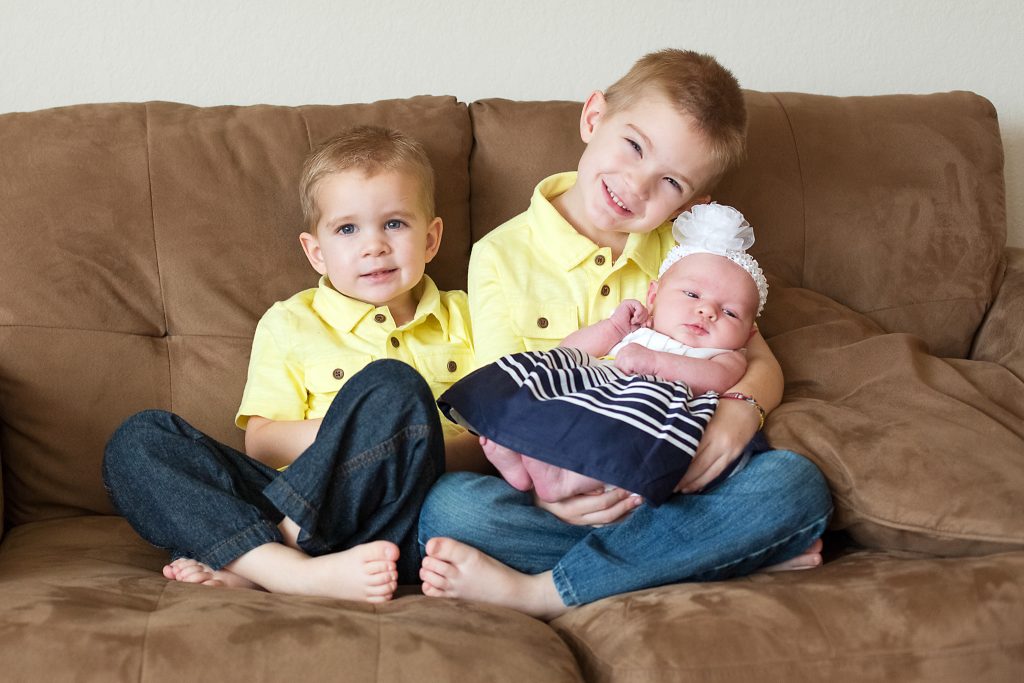
Normalmente, intentamos evitar el dolor, es natural. Quizá por eso la mayoría de la gente dice que la primera etapa del duelo es la negación. No queremos sentir dolor porque a veces es desagradable y miserable. Yo no quería sentir el dolor de perder a Zoe, ninguno de nosotros quería. Lo pasé tan mal cuando la familia y los amigos querían "ayudarnos" guardando sus cosas, que no dejaba de pensar que alguien nos la traería a casa y volvería a necesitar todas esas cosas. Fue una pesadilla. Teníamos que seguir adelante con nuestra nueva realidad, que ahora llevaríamos el dolor de la pérdida con nosotros el resto de nuestras vidas. No podíamos evitarlo, sino que teníamos que caminar hacia el dolor.
El dolor es un indicador. Nos comunica que algo va mal. Esto es cierto tanto para el dolor emocional como para el dolor físico. Es un mensaje que nos hace reaccionar. Cuando tocamos una estufa caliente y sentimos dolor, nuestra primera reacción es apartarnos. El dolor emocional tiene el mismo efecto en nosotros, sin embargo debemos responder de forma diferente a este tipo de dolor; a veces debemos mantener la mano "en el fuego" y permitirnos experimentar el dolor emocional para estar más sanos.
En lugar de retroceder ante el dolor emocional que sentíamos como resultado de la pérdida de Zoe, necesitábamos procesarlo y avanzar con él como una nueva realidad en nuestras vidas. Tuvimos que elegir caminar hacia el dolor porque al hacerlo podríamos atravesarlo y seguir viviendo nuestras vidas. Tuvimos que rechazar la culpa de seguir adelante y aceptar la verdad, que ella era INCLUSO más feliz en su nuevo hogar, y en los brazos del Padre que nos la dio en primer lugar. Estaba en el mejor lugar donde podía estar.
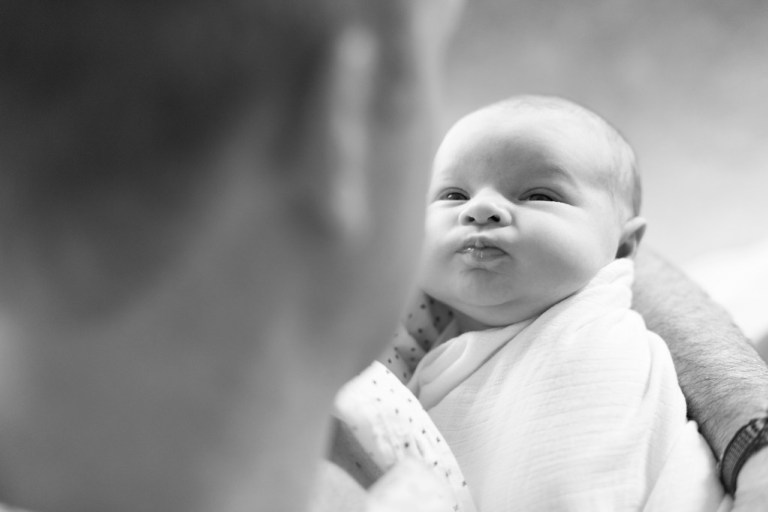
"Necesito ducharme, afeitarme y vestirme". Jeff compartió conmigo la mañana siguiente. "Tengo miedo de lo que pasará si no lo hago". Era su forma de decir que no podemos permitirnos estancarnos. Como solía enseñar a mis alumnos como instructora de natación, cuando te sumerges en el agua, lo mejor que puedes hacer es empujar para salir del fondo. Estábamos en el fondo. Podíamos sentarnos allí y "morir" nosotros mismos, o podíamos empujar desde el fondo y confiar en que Dios nos llevaría de vuelta arriba, por nuestro bien, y por el bien de nuestros afligidos hijos.
Era evidente que, a medida que avanzábamos en el dolor, sabíamos que no caminábamos solos. Sabíamos que estábamos siendo llevados adelante cada día por alguien que había caminado a través de este dolor antes. Él conocía bien el dolor de perder a un hijo. Sin Él, que caminaba con nosotros en el dolor e incluso nos llevaba algunos días, nunca habríamos sido capaces de caminar a través del dolor.
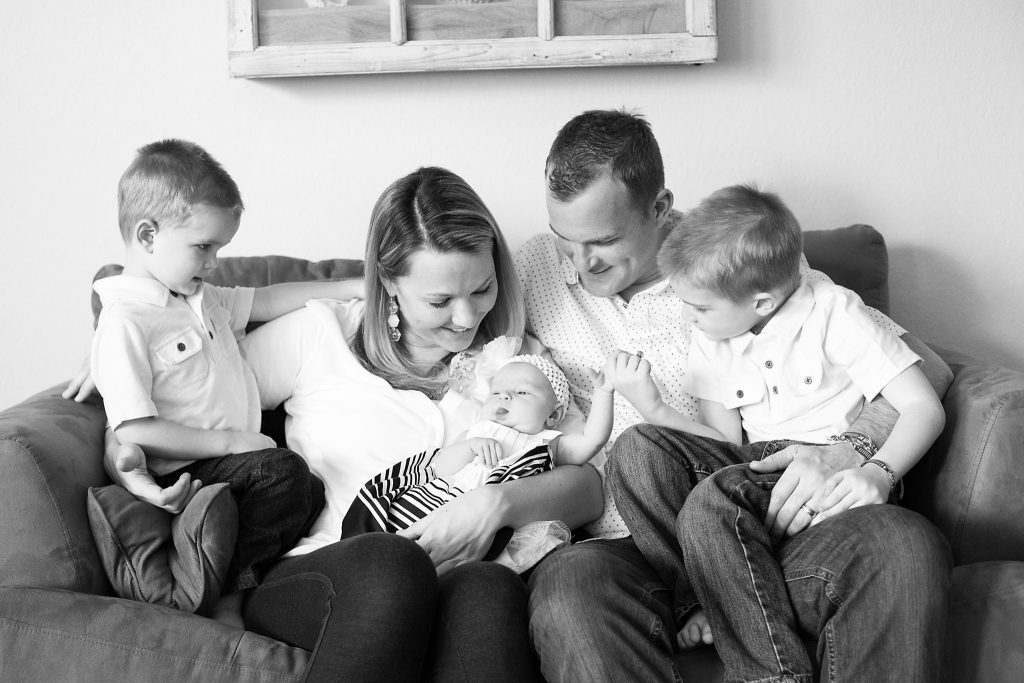
Hoy caminar hacia el dolor se ve diferente de lo que fue el año pasado, o el año anterior; el dolor no desaparece, pero sí cambia. La carga se hace más ligera y el Señor continúa trayendo Alegría a tu vida que equilibra el dolor. Honestamente, no queremos que el dolor desaparezca. El dolor nos recuerda el profundo, profundo amor que tenemos por nuestra preciosa Zoe.
Una de las muchas cosas que he aprendido al perder a Zoe es que la verdadera esperanza es mucho más fuerte que nuestras peores circunstancias. Como madre, uno de los mayores miedos que tenía era perder a uno de mis hijos. Ahora vivo esa realidad, pero con esperanza. Puedo vivir con esperanza porque sé que algún día volveré a ver y abrazar a mi preciosa niña en el cielo. Debido a esta esperanza, he sido capaz de comprometerme a caminar hacia el dolor, y avanzar más saludable que antes.
Caminaré hacia el dolor, y caminaré A TRAVÉS del dolor, pero no viviré en el dolor.

Una vez, alguien nos dijo que perder a un hijo es un regalo terrible. En el momento, eso fue muy difícil de entender y aun más difícil de aceptar. Simplemente era terrible. Sin embargo, mientras que Dios nos ha traído otras familias en duelo, hemos tenido con ellos una conexión indescriptible. Nos hemos dado cuenta que esa conexión profunda es nuestro terrible regalo.
Dios ha usado la muerte de Zoe en nuestras vidas como una manera de dejarnos caminar con otros a través del dolor de perder a sus hijos. Es un viaje que comienza con la muerte, pero puede traer esperanza y sanidad en medio de la pérdida.
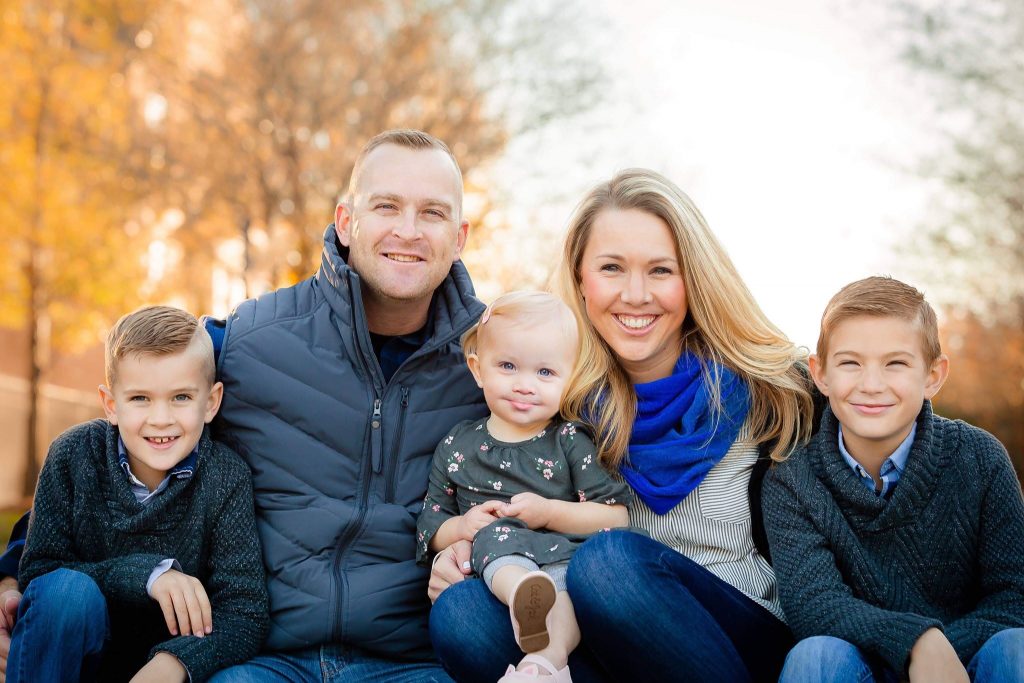
En julio de 2017, dimos la bienvenida a una nueva niña preciosa en nuestra familia; Nora Jane Rollins. Su nombre significa Regalo de Luz de Dios; y ella es cada pedacito de eso para nuestra familia.
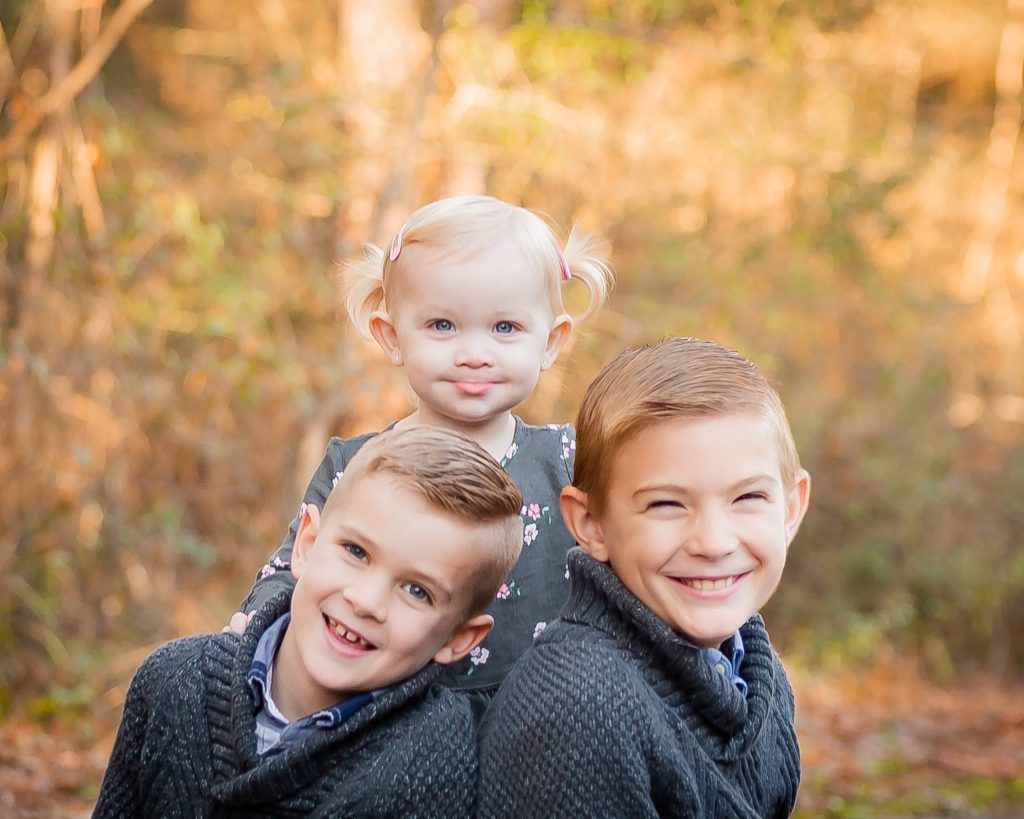
La historia de Jeff & Mackenzie grabada por WoodsEdge Community Church mientras que ellos servían como misioneros en Ecuador del 2014 - 2017. (Grabada en inglés.)
